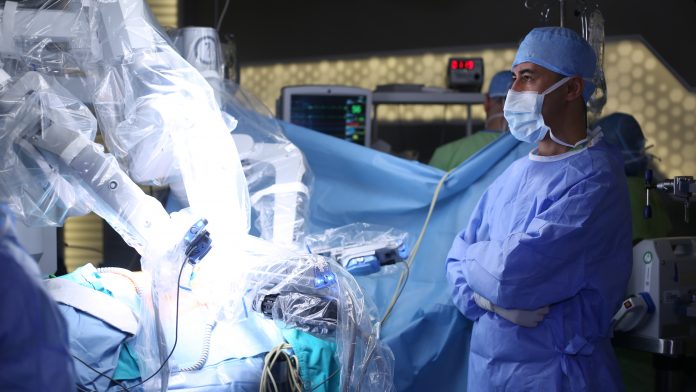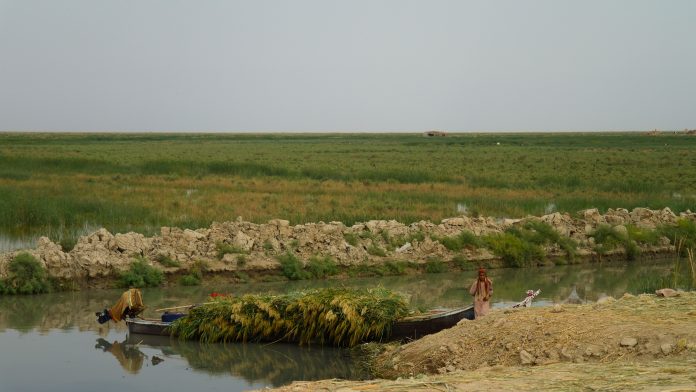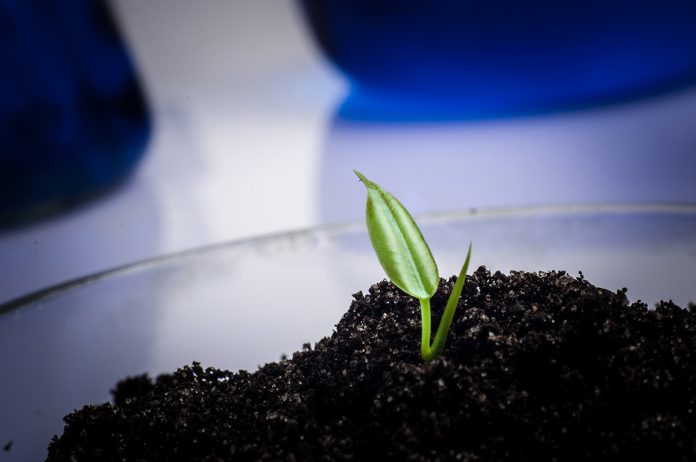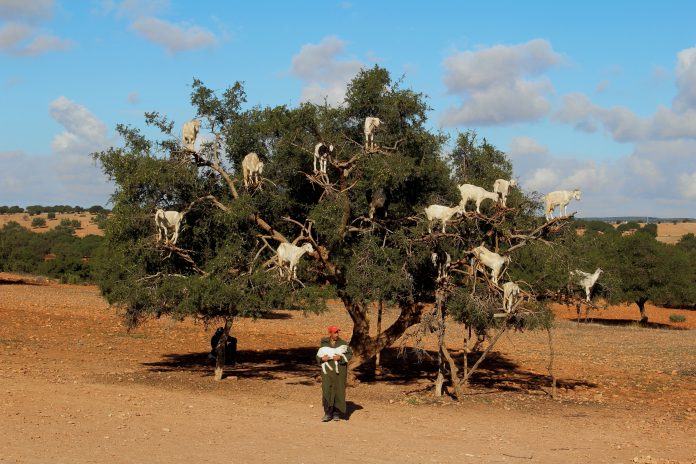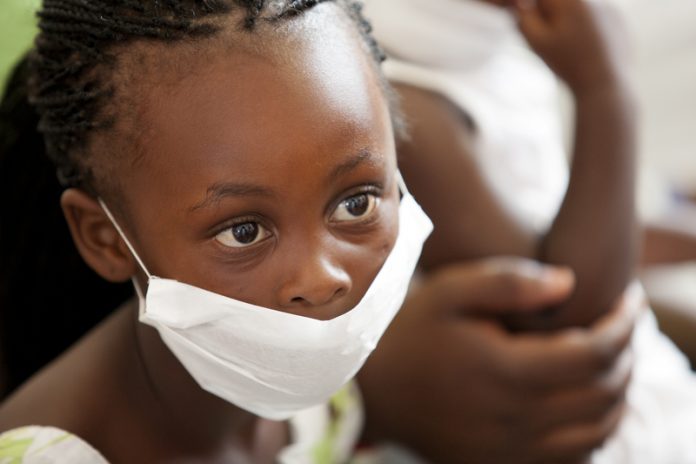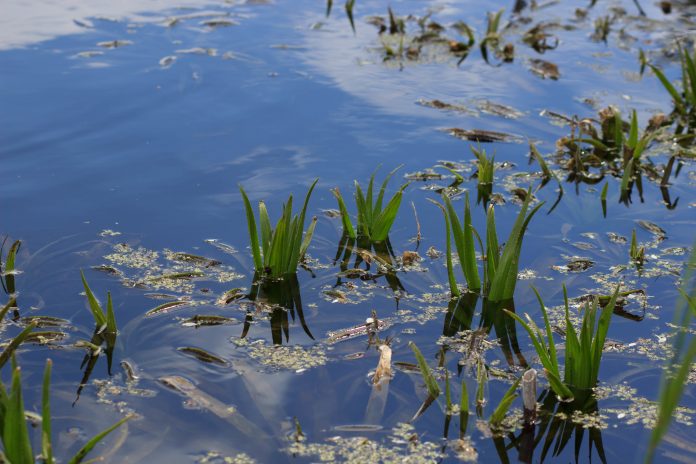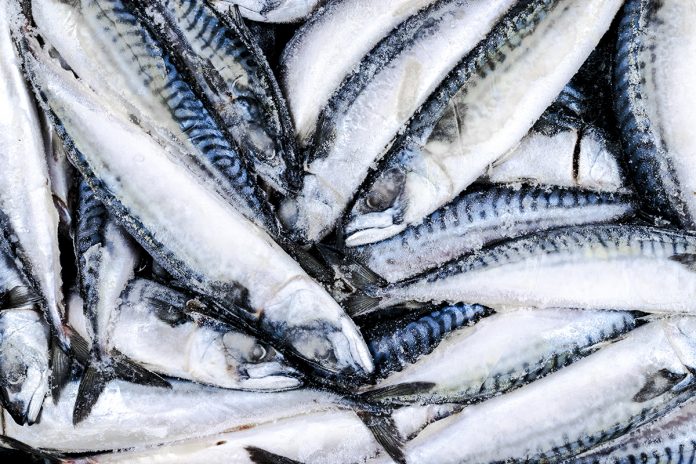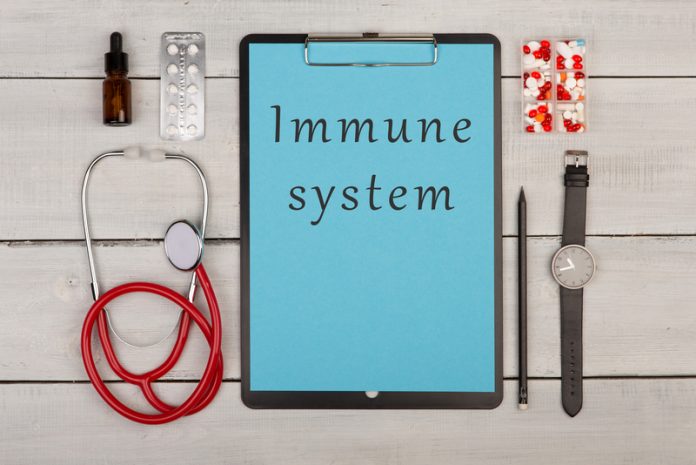Open Access Government produces compelling and informative news, publications, eBooks, and academic research articles for the public and private sector looking at health, diseases & conditions, workplace, research & innovation, digital transformation, government policy, environment, agriculture, energy, transport and more.
Home Search
Bacteria - search results
If you're not happy with the results, please do another search
Advancing surgeries: How can technology change procedures?
The healthcare sector is constantly changing, and many practices have been modified to become more efficient: So how can technology help with advancing surgeries?
Where is the clean water in Iraq?
Authorities have failed to ensure for almost 30 years that Basra residents have sufficient clean water in Iraq, resulting in on-going health concerns, Human Rights Watch said in a report.
NHS to trial ‘subscription’ payment model for pharmaceutical companies
The NHS will test the world's first ‘subscription’ style payment model to incentivise pharmaceutical companies to develop new drugs for resistant infections.
Research finds antibiotic contamination of global rivers
Concentrations of antibiotic contamination found in some of the world’s rivers exceed ‘safe’ levels by up to 300 times, according to researchers at the University of York.
How can economics tackle the issue of antimicrobial resistance?
Applying the economics of climate change to antimicrobial resistance could help to avert the 10 million deaths that are predicted to occur by 2050 if urgent action isn’t taken.
Health, environment and economy: Sustainable food production at FoodParks
Håkan Sandin, Horticulturist at Swedish University of Agriculture explains sustainable food production and why the three areas of health, environment and economy are crucial in this vein.
Harnessing the plant microbiome for commercial applications
Philippe Rolshausen, Cooperative Extension Specialist based at University of California, Riverside, explains how the plant microbiome can be harnessed for commercial applications.
Q fever: An emerging problem in LMIC and the need for improved vaccines
Q fever is an emerging problem in low and middle-income countries (LMIC) and, therefore, there is a need for improved vaccines, in the view of Head of Disease Control at Moredun Research Institute.
Agriculture: Key to eradicating hunger and securing food
Cristina Cruz from FCiencias.Id explains why agriculture is the key to accomplishing the UN Sustainable Development Goals of eradicating hunger and securing food
Progressing science in the U.S. – Enabling discoveries for understanding life
The work of the National Science Foundation (NSF) to advance science is charted here, with a focus on the work of their Directorate for Biological Sciences (BIO) in enabling discoveries for understanding life.
Tackling tuberculosis (TB) in Africa
While Africa has made progress in tackling tuberculosis (TB), it still has one of the highest TB rates in the world and remains a priority.
We need to talk about access to medical cannabis
Ramya Sriram, manager at Kolabtree, explains why many patients in the UK still cannot access medical cannabis and how scientific communication and further research can lead to change.
Science in policymaking: Chemistry is everywhere
Science Communication and Policy Officer from The European Chemical Society, Alex Schiphorst offers his thoughts on the old adage that ‘chemistry is everywhere’ and on the important role of science in policymaking.
Water: The essential global resource
Mr. Mbayo Guy Kakumbi, Technical Officer and Dr Bagayoko Magaran, Senior Scientist from The World Health Organization (WHO) Regional Office for Africa reveal their stance on the essential global resource of water.
Innovative methods to preserve pelagic fish species
Turid Rustad, Professor at NTNU sheds light on innovative methods to preserve pelagic fish species.
Study solves mystery of how geckos walk on water
Despite being just a few centimetres long, the gecko is known for its superior acrobatic skills and ability to power through the most challenging terrain: climbing trees, running across ice and walking on water: but how do they do these things?
Intramembrane proteases in the immune system
Prof Dr Regina Fluhrer from the LMU & DZNE in Munich and Prof Dr Bernd Schröder from the TU in Dresden, Germany, explain how intramembrane proteases contribute to the proper development of immune cells.
Looking at Signal Peptide Peptidase-Like proteases
Prof. Regina Fluhrer from LMU & DZNE and Professor Bernd Schröder from TU Dresden discuss how intramembrane proteases contribute to the development of immune cells.
Spotlight on tea’s top healthy ingredients
Tea is the nation’s favourite drink and for good reason: it not only tastes great, but it’s good for our wellbeing as it is full of healthy ingredients.
Antimicrobial Resistance – the time to act is now
Research indicates that Antimicrobial Resistance is an issue which claims thousands of lives each year, 10 million by 2050.

